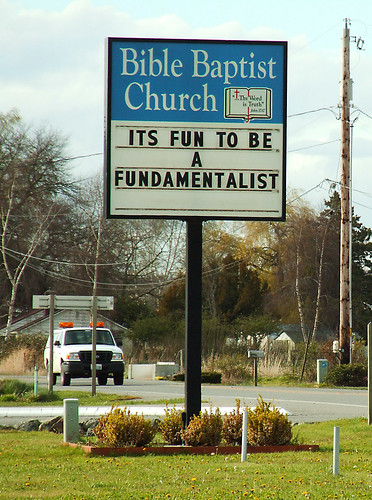Stumbleupon Review of : http://www.epjournal.net/filestore/EP07398441_c.pdf

- This study's uniquely broad based comparison of socioeconomic conditions in the most prosperous democracies confirms that they vary widely among these nations, and that the U.S. is the most dysfunctional prosperous democracy overall. Possible causes for this pattern, including the diversity of the population, immigration, a frontier heritage, pathological media, and popular religiosity versus secularism are examined. Of these factors the U.S. is exceptional only in its high level of religiosity, which strongly statistically correlates with adverse and insecure societal and economic conditions in the developed democracies. For all their flaws, strongly secular advanced democracies display superior cumulative internal conditions, with some nations in western Europe enjoying the best overall circumstances yet seen. These results contradict the moral-creator socioeconomic hypothesis, including the thesis widely held in America that a democracy can combine libertarian economics with high levels of popular religion and charity to achieve socioeconomic success. Conservative religious ideology is a probable contributing causal factor of societal dysfunction, in part because it opposes the modulation of free market capitalism with extensive government based assistance, as well as the pragmatic social policies, that have proven more effective at creating the exceptionally secure, equable and benevolent overall societal and economic conditions that have unintentionally helped cause the least theistic prosperous democracies yet seen to come into existence. Both the socioeconomic security hypothesis, and the secular-democratic socioeconomic hypothesis popular in many secular democracies, are correspondingly supported.

